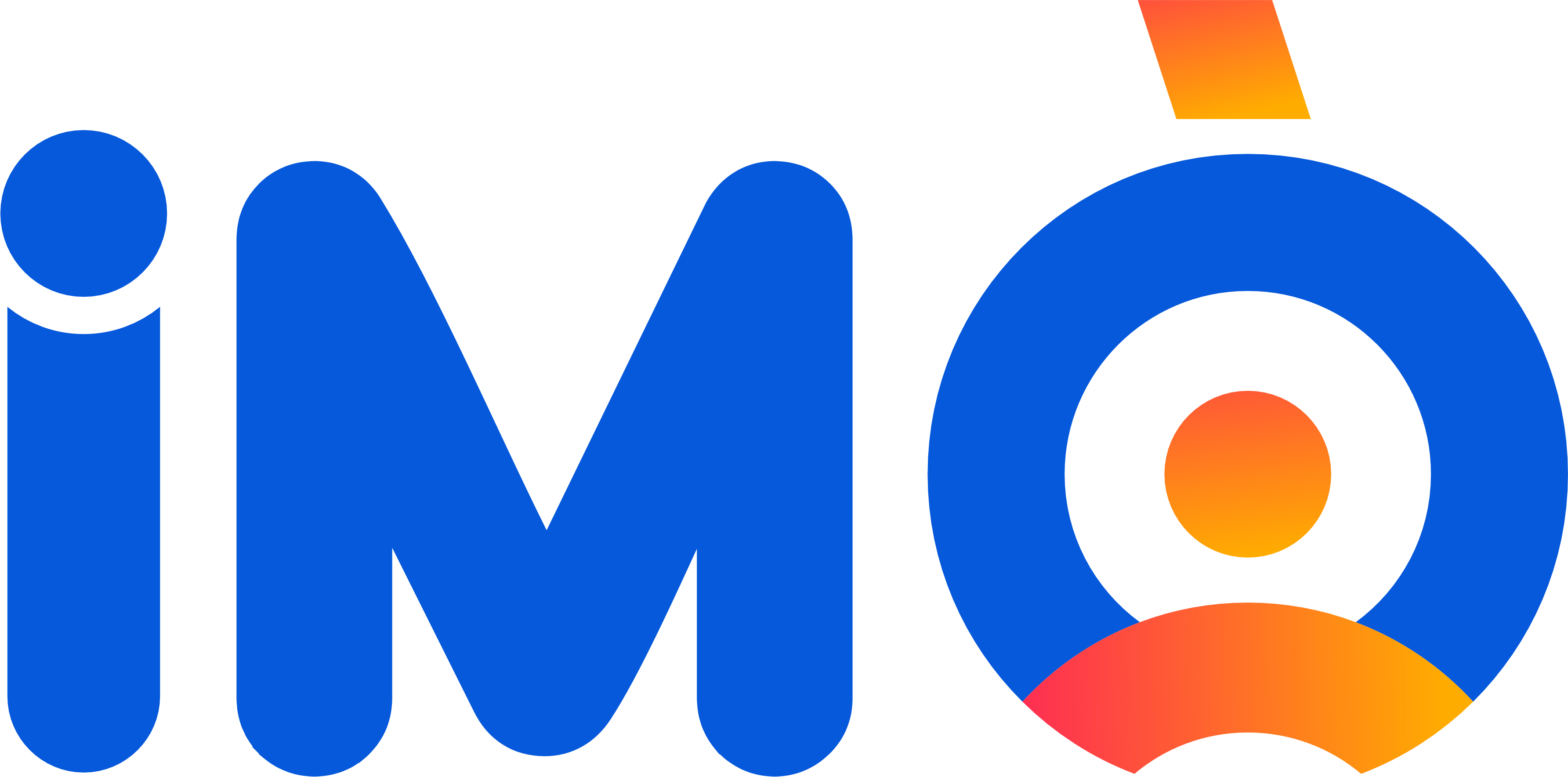In a rapidly evolving digital landscape, securing top-notch remote tech talent has become a strategic imperative for companies seeking innovation and growth. Hiring remote tech professionals provides a gateway to a worldwide talent pool. Nonetheless, it demands a meticulous and strategic approach to guarantee a prosperous working rapport. In this blog post, we’ll delve into effective strategies for hiring remote tech talent that aligns with your company’s goals and fosters collaboration and productivity.
1. Define Clear Job Requirements
Start by crafting a comprehensive job description that outlines the specific skills, experience, and qualifications required for the role. Clearly define the responsibilities and expectations of recruiting candidates who are the best fit for your team.
2. Embrace Digital Platforms
Leverage online platforms, job boards, and professional networks that cater to remote tech talent. Websites like GitHub, Stack Overflow, and LinkedIn can be invaluable resources for finding qualified candidates.
3. Prioritize Soft Skills
Remote tech professionals not only need technical expertise but also strong communication and time management skills. Evaluate candidates’ ability to work independently and collaborate effectively in a remote environment.
4. Conduct Thorough Interviews
Use video interviews to assess a candidate’s technical skills, problem-solving abilities, and cultural fit. These interviews provide a glimpse into their work environment and communication style.
5. Test Practical Skills
Consider incorporating technical tests or coding challenges to evaluate candidates’ hands-on skills. Practical assessments can provide insight into their problem-solving approach and coding proficiency.
6. Assess Remote Readiness
Ask candidates about their prior experience working remotely or managing remote projects. Assess their ability to adapt to a virtual work environment and communicate effectively across different time zones.
7. Communication and Collaboration Tools
Evaluate candidates’ familiarity with communication and collaboration tools used in remote work, such as video conferencing, project management software, and version control systems.
8. Cultural Fit and Values
Assess whether the candidate’s values align with your company’s culture. A cohesive team culture is essential for remote collaboration and a positive work environment.
9. Test Time Management
Pose scenarios or questions to gauge a candidate’s ability to manage time effectively while working independently. Remote tech professionals should be capable of setting and adhering to their schedules.
10. Transparent Expectations
During the interview process, be transparent about your company’s remote work policies, expectations, and performance evaluation criteria. This helps candidates make informed decisions.
11. Onboarding and Integration
Plan a comprehensive onboarding process that includes training on company tools, processes, and expectations. Create opportunities for new hires to connect with team members and become familiar with the remote work culture.
12. Flexibility and Trust
Remote tech professionals thrive in an environment that values flexibility and trusts their expertise. Embrace a results-oriented approach that focuses on outcomes rather than micromanagement.
13. Regular Check-ins
Schedule regular video check-ins with remote tech talent to discuss project progress, address questions, and maintain a strong sense of connection.
14. Performance Metrics
Establish clear performance metrics and key performance indicators (KPIs) to evaluate the remote tech professional’s contributions and measure their impact on the team’s goals.
15. Continuous Feedback
Provide ongoing feedback and guidance to help remote tech talent improve their skills and align with your company’s expectations.
Hiring remote tech talent requires a blend of technical evaluation, communication assessment, and cultural fit consideration. By adopting these strategies, you can identify and onboard remote tech professionals who not only excel in their roles but also contribute to your company’s growth and success in the digital age.

